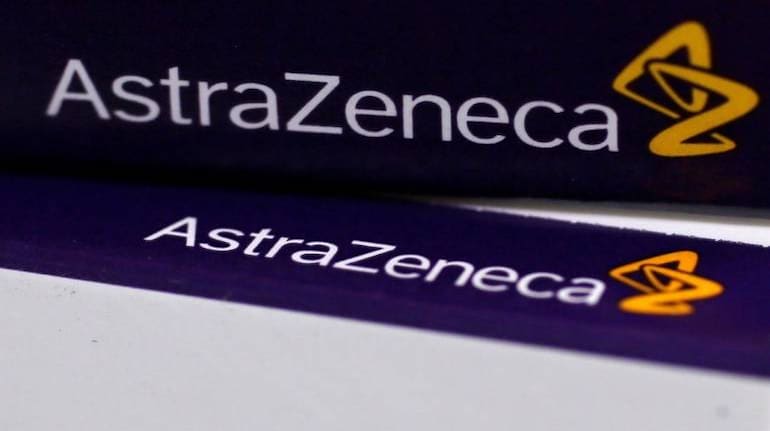



AstraZeneca India, on February 17, announced that its drug Durvalumab has received an additional indication approval from the Central Drugs Standard Control Organization (CDSCO) to treat biliary tract cancer (BTC).
BTC is a group of rare and aggressive gastrointestinal cancers that form in the cells of the bile ducts (cholangiocarcinoma), gallbladder or ampulla of Vater (where the bile duct and pancreatic duct connect to the small intestine).
Apart from ampullary cancer, early-stage BTC often presents without clear symptoms and most new cases of BTC are therefore diagnosed at an advanced stage, when treatment options are limited, and the prognosis is poor.
More than 30,000 new cases of BTCs are seen in India every year with 90 percent of them diagnosed in the advanced stage. In fact, statistics show a high incidence of gall bladder cancer in the northern part of India.
For the last decade, chemotherapy was the only choice of treatment and the survival rates were found to be dismal, said Dr. Anil Kukreja, vice-president, medical and regulatory affairs, AstraZeneca India.
“This milestone approval now becomes the only immunotherapy-based combination treatment option in the country that offers significantly improved survival rates,” he said. “Going ahead, we will continue our research to extend the benefits of advanced treatment options for patients suffering from different types of GI cancers.”
Also Read | India to get first handheld X-ray device that uses AI to detect tuberculosis within a minuteTrial findingsThe approval for AstraZeneca molecule is based on the findings of TOPAZ-1, a phase-3 global clinical trial with patients recruited from India as well, that evaluated immunotherapy plus chemotherapy as first line treatment for advanced BTCs.
In the trials, Durvalumab plus chemotherapy (gemcitabine plus cisplatin) showed enhanced clinical efficacy, demonstrating a 24 percent reduction in the risk of death versus chemotherapy alone and the median overall survival was raised by 12.9 months for the combination versus 11.3 months with chemotherapy alone.
The findings of the study clearly indicate that twice as many patients were estimated to be alive at two years with the combination therapy, the company said.
Current usageDurvalumab is already approved for use in stage-III locally advanced, unresectable non-small cell lung cancer (NSCLC) post chemo-radiotherapy as maintenance treatment and as first line treatment in combination with chemotherapy in extensive-stage small cell lung cancer (ES-SCLC).
In July 2022, Durvalumab plus chemotherapy was added to the National Comprehensive Cancer Network‘s (NCCN) Clinical Practice Guidelines in Oncology (NCCN Guidelines) as a category 1 preferred regimen as 1st-line therapy for locally advanced or metastatic BTC based on the data from TOPAZ-1.
Discover the latest Business News, Sensex, and Nifty updates. Obtain Personal Finance insights, tax queries, and expert opinions on Moneycontrol or download the Moneycontrol App to stay updated!
Find the best of Al News in one place, specially curated for you every weekend.
Stay on top of the latest tech trends and biggest startup news.